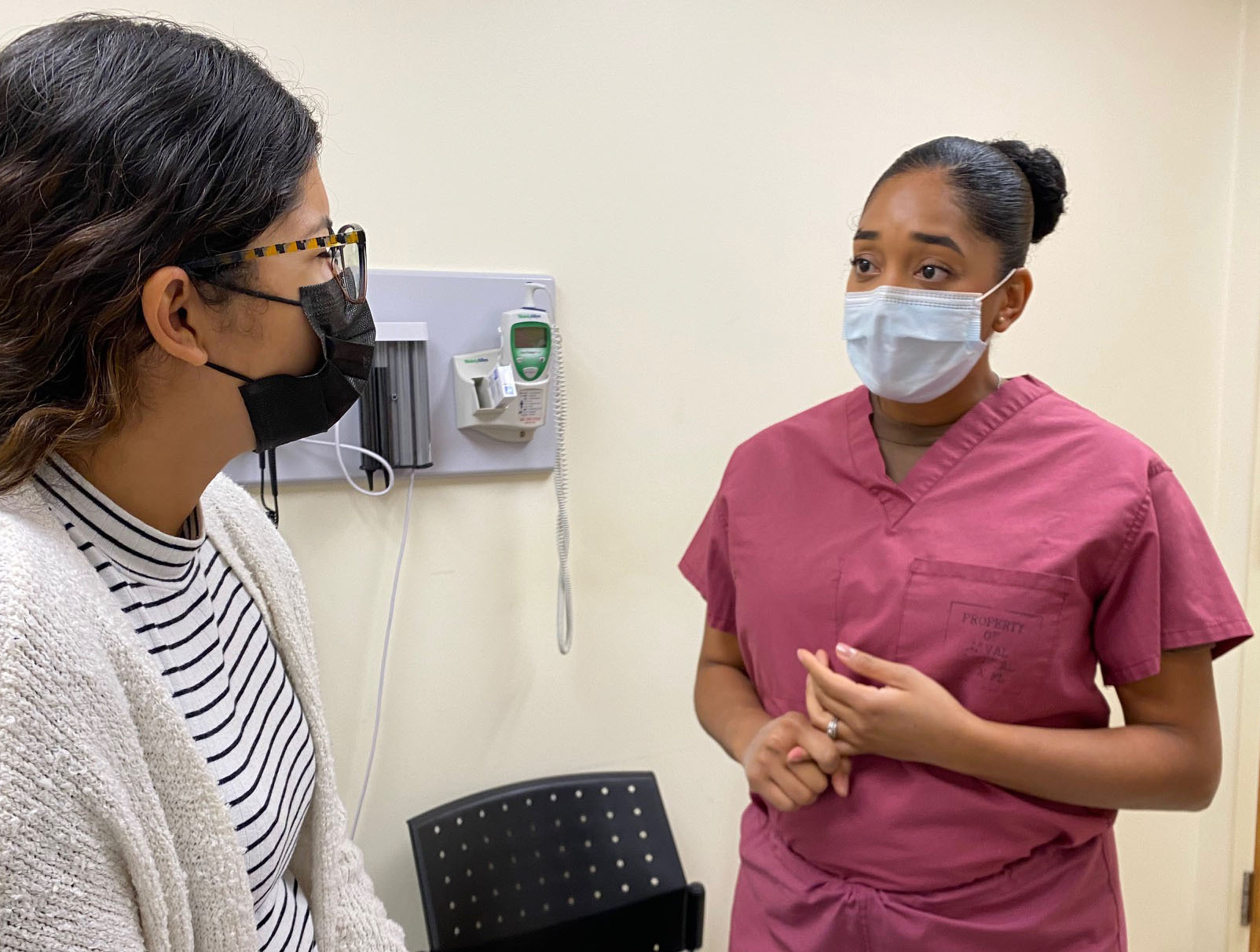Understanding Colorectal Cancer Screening: A Vital Step in Your Health
Colorectal cancer is a significant concern in the United States, ranking as the third most common cancer for both men and women. Shockingly, it’s increasingly affecting those under 50, according to the National Cancer Institute. In response to this concerning trend, the screening guidelines were updated in 2022. Now, it’s recommended that individuals at average risk begin regular screenings at the age of 45.
Jeannine Pickrell, RN, emphasizes, “Regular screenings are crucial for early detection, which significantly improves treatment outcomes.” Given the rising rates of colorectal cancer among younger individuals, initiating screenings at 45 is essential.
Understanding Your Risk
The recommendation to start screening at 45 applies to those at average risk. However, if you have factors such as inflammatory bowel disease, a personal or family history of colorectal cancer or polyps, or certain genetic syndromes related to colorectal cancer, you may need to start screenings earlier. Consult your healthcare provider to determine your risk level and the appropriate screening schedule for you.
Types of Screenings
Colorectal cancer screenings come in various forms, including colonoscopies and stool tests. Some stool tests can even be done at home using kits. TRICARE covers several screening options for those at average risk, starting at age 45. These include fecal occult blood testing, fecal immunochemical testing (FIT), flexible sigmoidoscopies, CT colonoscopies, and conventional colonoscopies.
Understanding Screening Costs
The cost of your screening will vary based on the type of test and whether it’s done during a preventive care or specialty care outpatient visit. Utilize the TRICARE Compare Cost Tool to determine your specific costs.
Recognizing Signs and Symptoms
Colorectal cancer screenings aim to detect cancer before symptoms appear. However, if you experience symptoms such as changes in bowel habits, persistent abdominal pain, diarrhea, constipation, unexplained weight loss, or rectal bleeding, seek medical attention promptly.
With numerous screening options available, getting screened for colorectal cancer is more accessible than ever. Don’t postpone your regular exam if you’re 45 or older. Additionally, familiarize yourself with other routine cancer screenings based on your age, sex, and risk factors. Your health is worth prioritizing.















































